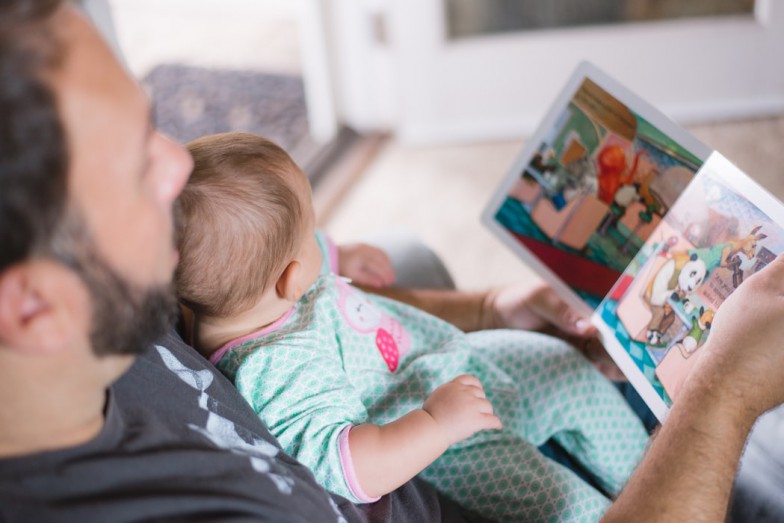
Teach Your Children Early Communication Skills
The moment children are born, they communicate with their parents. It is up to you to help your child create early communication skills.
Developing early communication skills will equip children to mature better later on.
Parents need to teach their children the importance of clear and concise early communication skills so they can get their point across, while also learning how to manage relationships with the various people that will come and go in their lives.
A big part of that is setting the example by how you communicate with others. Children are like sponges; they absorb everything they see and hear. It’s important to talk through conversations respectfully, making sure that everyone shares their viewpoint and a dialogue is established.
How do you go about teaching your children the right way of communicating?

Muscling through emotions
When children are small, you need to have the most patience and creativity when it comes to explaining all situations because you, as the parent, are the guiding principle that will shape the way they see and react to situations they will face throughout their lives.
Children don’t understand how to express their emotions properly, they don’t really know what the right emotion is that they need to feel.
Cognitive communication and how it will help you help your kids
Cognitive communication is the process we use to be successful when we interact with others. Some processes we use are problem-solving, attention, and memory to plan the desired outcome of what we’re trying to say.
Show your children that using eye contact, paying attention, and asking probing questions for clarity are all fantastic ways of communicating effectively.
The art of assertive communication
There’s passive, aggressive, and passive-aggressive communication that people use to communicate. These forms of communication should be avoided. Teach your children how to identify them and why they shouldn’t be used; then teach them that they should use an assertive way of communicating that conveys their viewpoint without hurting anyone’s feelings. They also need to understand that it’s ok to disagree and to say no if it goes against their beliefs and boundaries.

Teach them empathy
Teach children that their feelings aren’t the only ones that need to be considered. They need to understand and respect that their peers have feelings, and they need to listen to what others have to say on varying topics.
Reading is a great activity to incorporate in everyday life. You can inject the tone into your narration of the story so they can hear the conversation. Ask your child questions about the story and what the outcome was or should be. Reading also introduces them to a range of vocabulary they may not hear frequently.

By teaching your children the importance of communicating clearly and effectively, you’re equipping them with one of the most important early communication skills they’ll use for the rest of their lives, allowing them to succeed in the many endeavors they choose to pursue.






